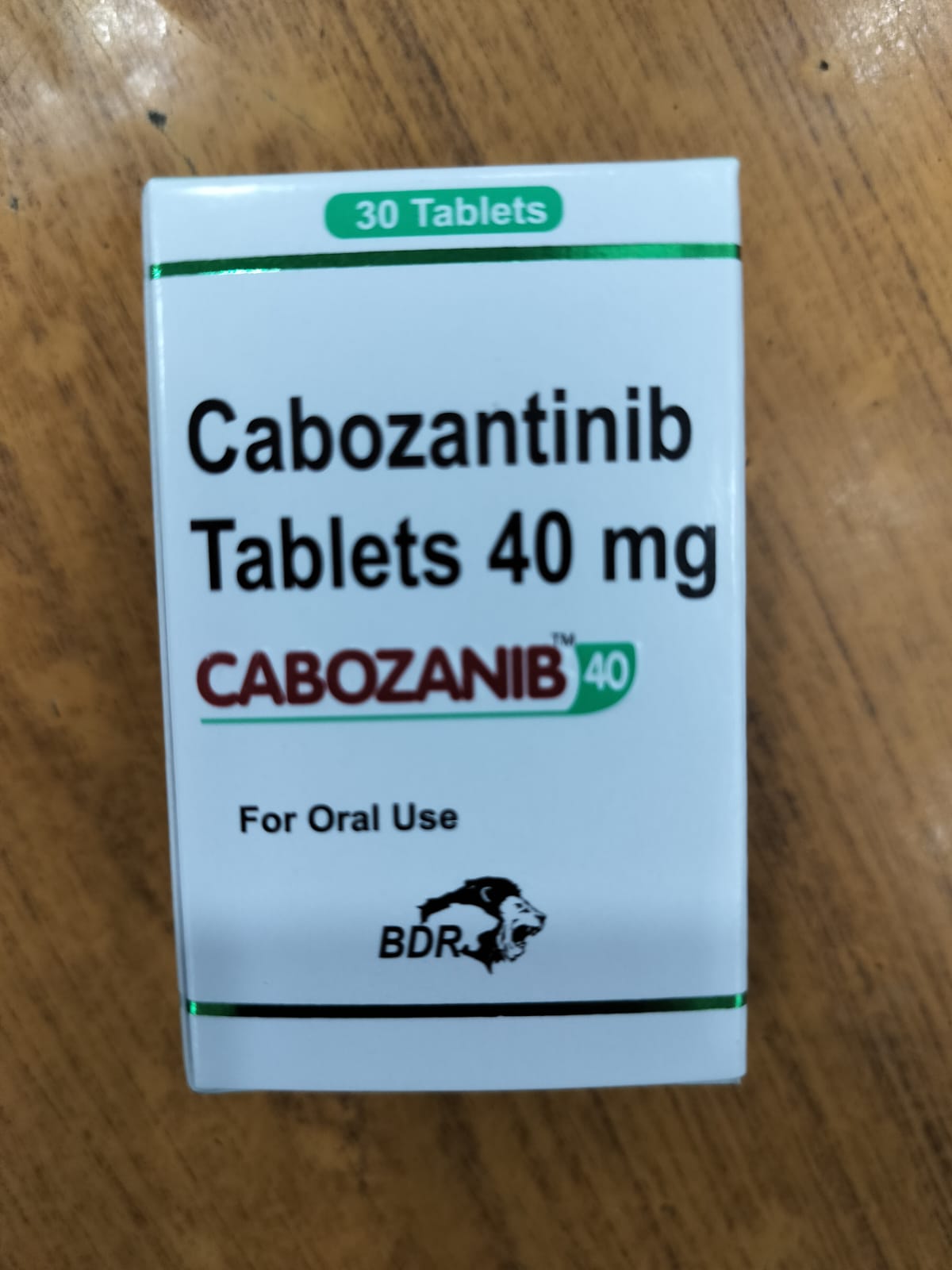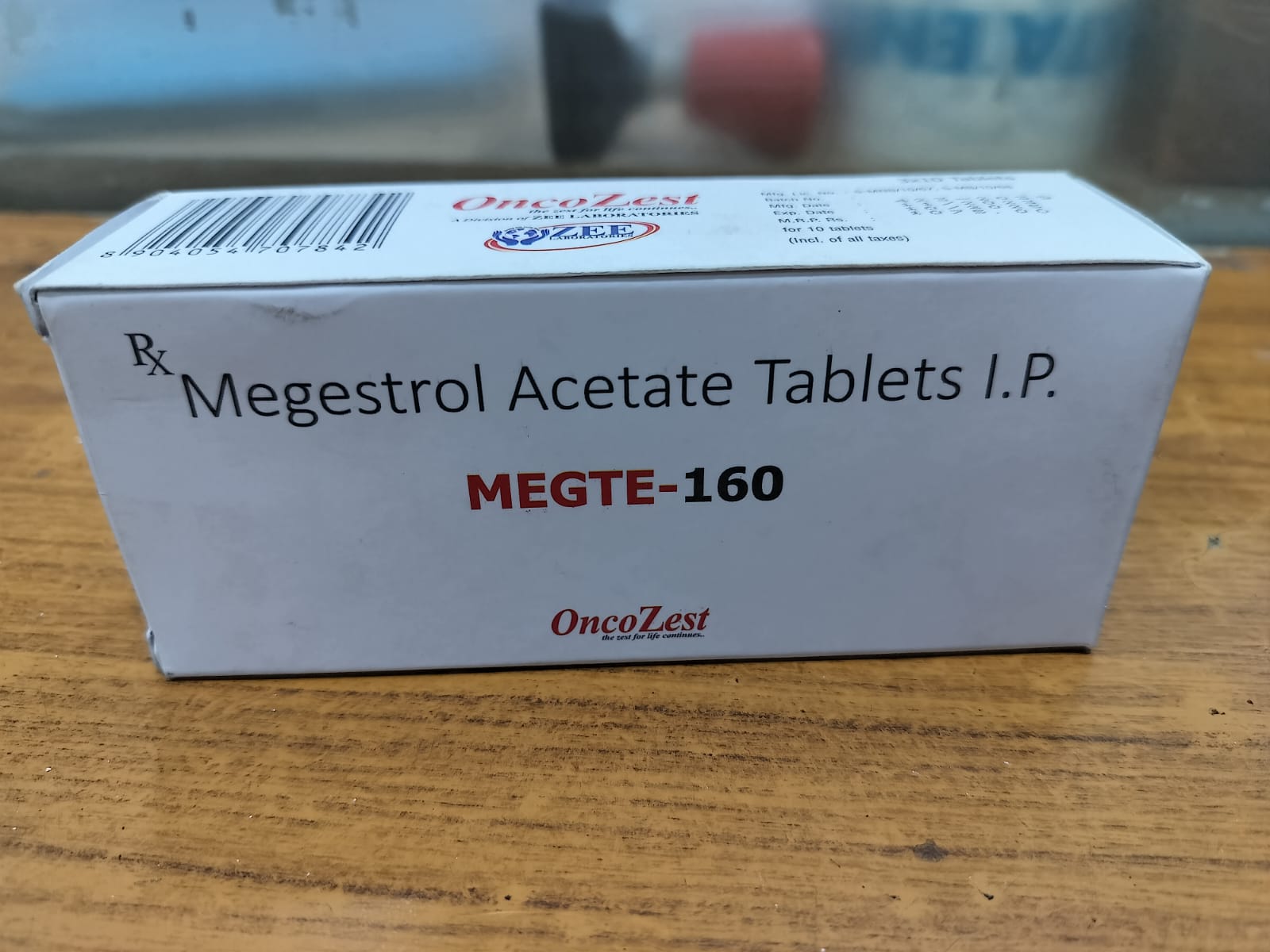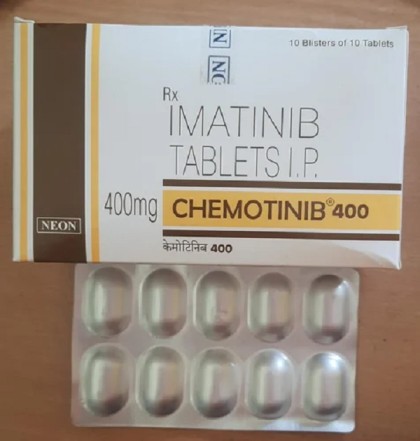Product Introduction:
Cabozanib is a targeted therapy approved for the treatment of multiple types of advanced cancers. It offers significant survival benefits in patients with RCC, HCC, and MTC, especially those who have not responded to prior therapies. It is administered orally and requires regular clinical monitoring due to potential serious side effects.
Uses:
Cabozanib is prescribed for the treatment of:
-
Advanced Renal Cell Carcinoma (RCC)
-
Hepatocellular Carcinoma (HCC) after sorafenib treatment
-
Medullary Thyroid Cancer (MTC)
-
Differentiated Thyroid Cancer (off-label)
-
Soft tissue sarcomas and solid tumors (investigational/clinical trials)
-
Bone metastases (off-label use under physician guidance)
Storage Instructions:
-
Store at 15–30°C (59–86°F) in a dry place
-
Protect from light and moisture
-
Keep the container tightly closed
-
Keep out of reach of children and pets
How It Works (Mechanism of Action):
Cabozantinib inhibits multiple tyrosine kinases, such as VEGFR, MET, RET, and others involved in tumor progression and angiogenesis. By blocking these pathways, the medicine slows tumor growth, reduces metastasis, and cuts off the tumor’s blood supply.
Side Effects:
Common side effects:
-
Fatigue
-
Diarrhea
-
Decreased appetite
-
Weight loss
-
Nausea and vomiting
-
Oral ulcers or mouth pain
-
Hand-foot syndrome (skin reactions on palms and soles)
-
High blood pressure
Severe side effects:
-
Gastrointestinal perforation
-
Hemorrhage (serious bleeding)
-
Fistula formation
-
Blood clots
-
Liver enzyme abnormalities
-
QT prolongation (heart rhythm issues)
Dosage (Typical Recommended Dose):
-
RCC and HCC: 60mg once daily
-
MTC (Medullary Thyroid Cancer): Typically higher doses such as 140mg daily (divided dosing in older formulations; now often 60mg/day)
Always follow the oncologist’s dosage recommendations based on indication and patient tolerance.
Method of Administration:
-
Take orally once daily on an empty stomach (at least 1 hour before or 2 hours after a meal)
-
Swallow whole with water — do not crush or chew
-
Take at the same time each day to maintain consistent drug levels
Precautions:
-
Pregnancy Category D – can cause fetal harm; use reliable contraception
-
Avoid use in patients undergoing surgery (may impair wound healing)
-
Monitor blood pressure, liver function, and electrolytes regularly
-
Caution in patients with a history of bleeding disorders, cardiovascular disease, or GI issues
-
Avoid alcohol and grapefruit juice
Drug Interactions:
-
Strong CYP3A4 inducers (e.g., rifampin, phenytoin) may reduce effectiveness
-
Strong CYP3A4 inhibitors (e.g., ketoconazole) may increase toxicity
-
May interact with anticoagulants, antihypertensives, and QT-prolonging drugs
-
Avoid co-administration with drugs affecting gastric pH unless necessary
Allergies:
-
Contraindicated in individuals with known hypersensitivity to Cabozantinib or any component of the formulation
-
Signs of allergic reaction include rash, hives, difficulty breathing, or swelling
Overdose Information:
-
Symptoms may include severe fatigue, hypertension, diarrhea, confusion, and liver toxicity
-
No specific antidote available – initiate symptomatic and supportive treatment
-
Seek emergency medical help immediately in case of overdose
Missed Dose Instructions:
-
If a dose is missed, and it’s less than 12 hours since the scheduled time, take it
-
If more than 12 hours have passed, skip the missed dose
-
Do not double the next dose to compensate
Additional Notes:
-
Patients must be regularly monitored for side effects and lab values
-
Disclose all medications and supplements to avoid harmful interactions
-
May take several weeks to see therapeutic benefit; continue as prescribed
-
Avoid engaging in activities that require alertness if you experience fatigue or dizziness








